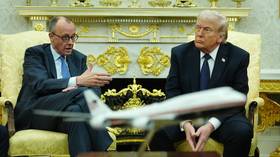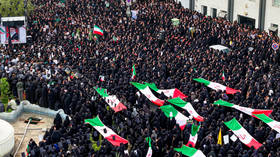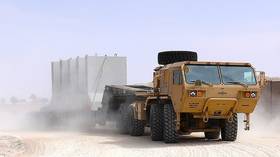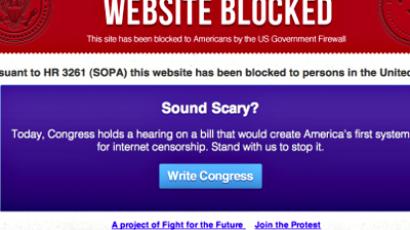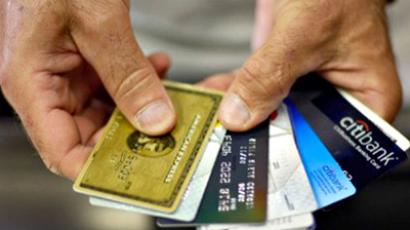How to spot a terrorist? He yawns, stands still, perspires unusually
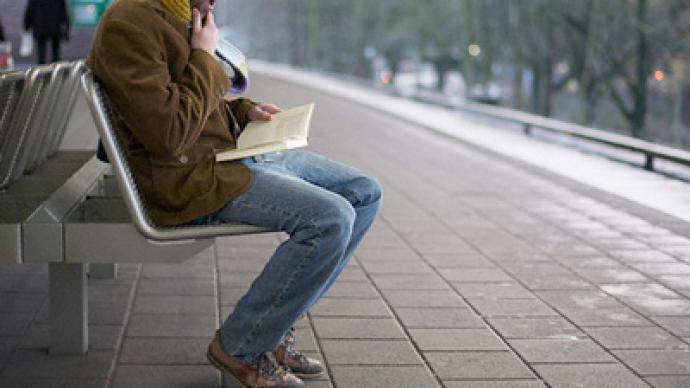
So you go on a date and your boy or girlfriend notices that you yawn too much. The air conditioner goes off, you start shivering and get goose bumps. “Terrorist!” your date shouts and runs off. Why? They've read DHS’s new pamphlet.
The New Jersey Office of Homeland Security and Preparedness has released a new document entitled “Terrorism Awareness and Prevention”. The paper is aimed at raising awareness on how New Jersey residents can help combat terrorism, including tips on how to spot signs of suspicious activities and behaviors.So what are these suspicious behaviors? “Look for signs of nervousness in the people you come in contact with.” This includes “exaggerated yawning when in a conversation,” “repetitive touching of face,” “increased breathing rate,”“unusual perspiration,” “excessive fidgeting,”“trembling” and “goose bumps.” Though some might say these are all completely natural body reactions, the document says otherwise. While pacing around and being jumpy is also listed as a potential indicator of malicious intent, standing still in a rigid posture also fits the bill of terrorist intent. So what should you do to avoid getting flagged as a potential enemy of the state? Stand still, or gesture profusely? This latest set of recommendations is not the first of its kind. The FBI’s Communities Against Terrorism program issued a set of flyers which encouraged workers to report on clients who insisted on using cash and were overly concerned about their privacy. But with credit and debit card phishing on the rise, some may be wary of making electronic payments. So protecting your bank account is apparently also a sign of terrorist activity. And the list goes on. For its part, The Department of Homeland Security issued a video in which a calm but firm narrator told viewers that “if a patron appears nervous or anxious, or insists on paying cash, contact security personnel.” The video was released as part of its “See something, say something” campaign, launched in 2010.Now we may ask what it is that inspired these “guidelines,” if they can be called as such. Are the FBI and DHS that out of touch with reality? Has their genuine concern for public safety caused them to go overboard. Or maybe they are even trying to sow a climate of fear – making Americans see potential terrorists lurking everywhere they go.


